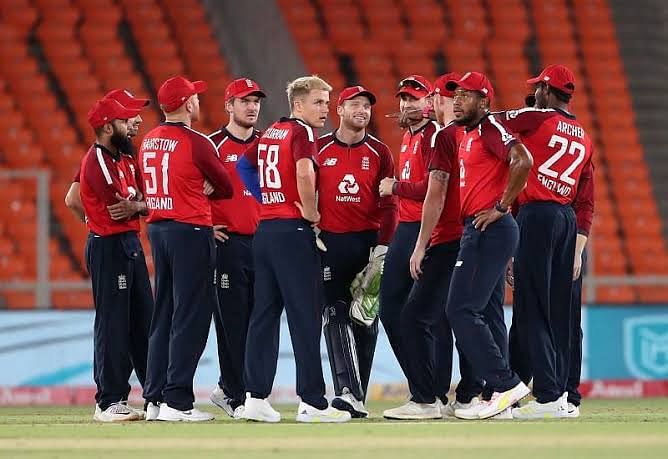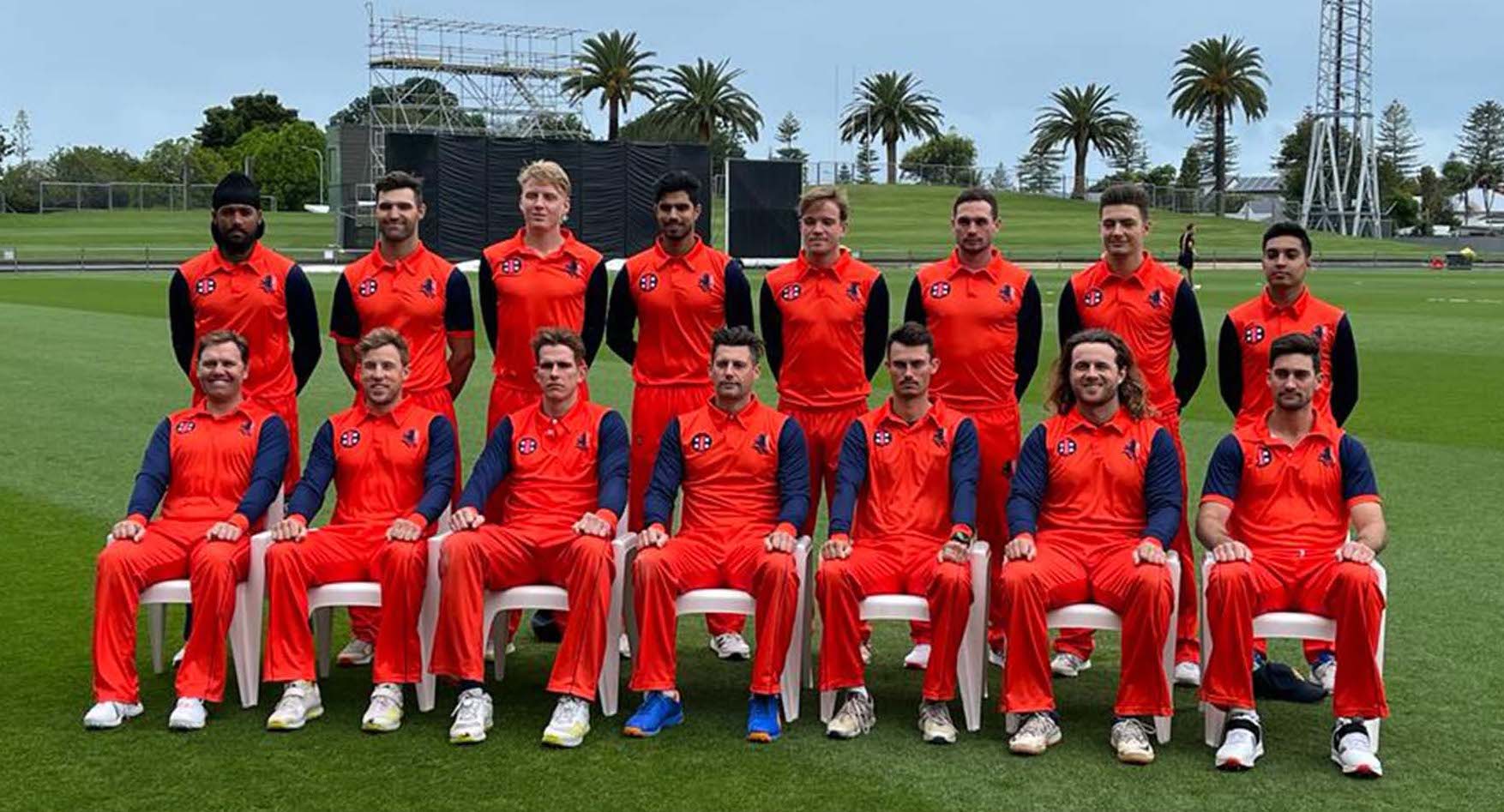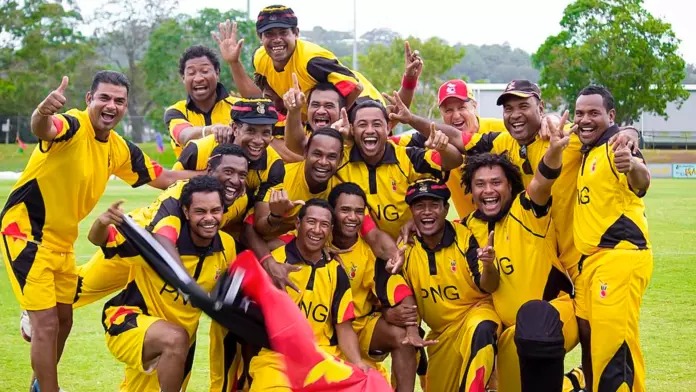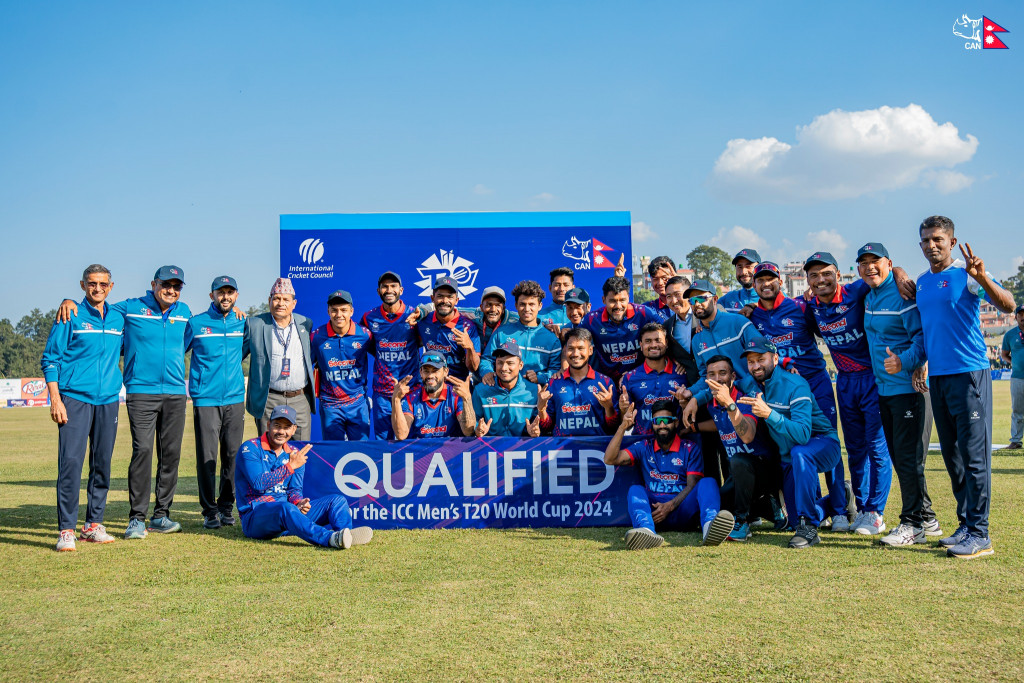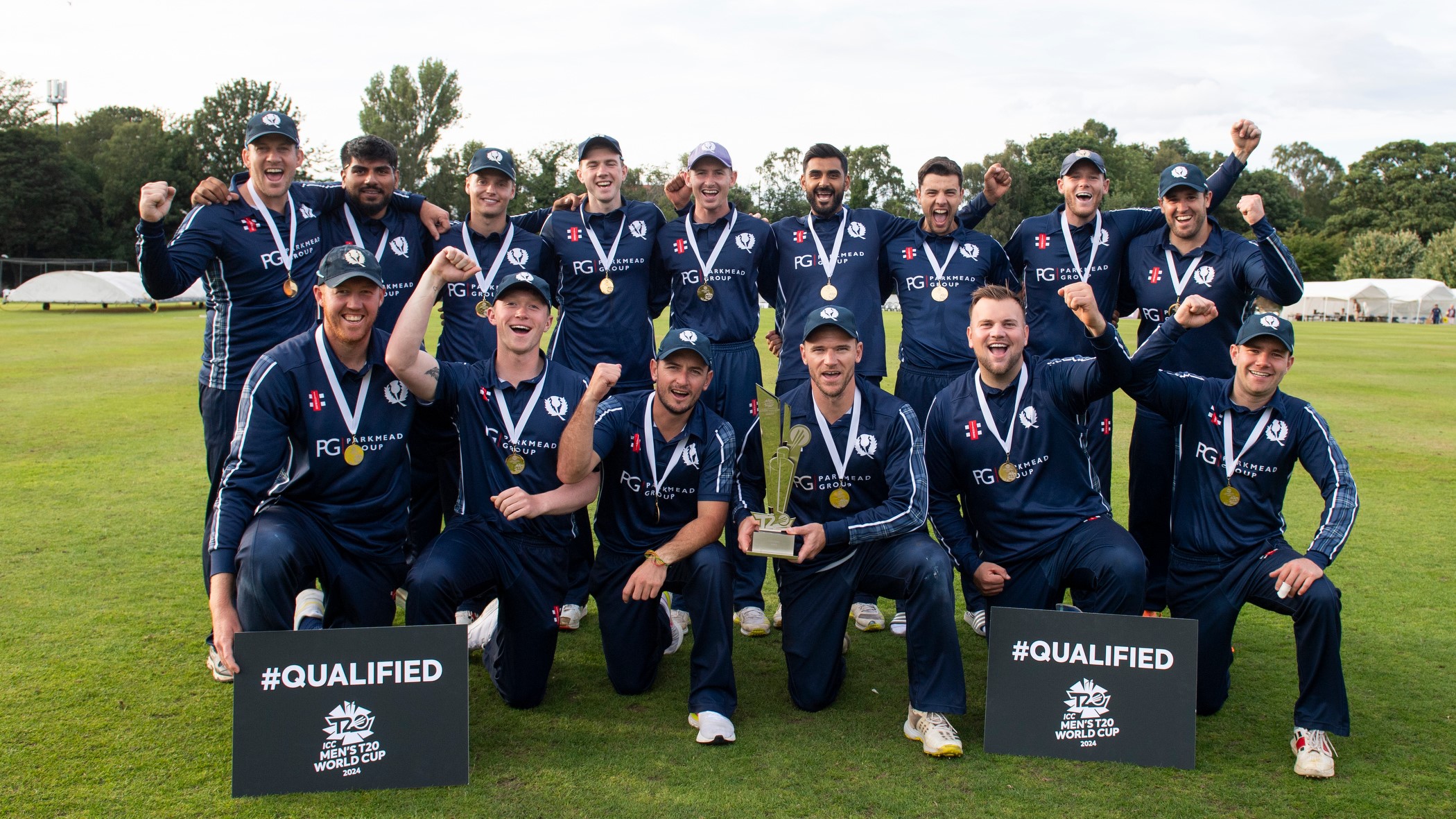William Gilbert or W.G Grace is regarded as one of the greatest sportsmen to have "graced" cricket. The English maestro was a fantabulous cricketer and his records were second to none.
Grace played first-class cricket for a record 44 seasons between 1865 to 1908. He captained multiple teams, namely Gloucestershire, the Gentlemen Marylebone Cricket Club, the United South of England Eleven, and also England's national squad.
We all know the God of Cricket Sachin Tendulkar. But who is the Father of Cricket??#godofcricket #fatherofcricket #wggrace #sachintendulkar #sachin #cricket #cricketers #ipl https://t.co/41Tx7rCJvq
— We Know Cricket - Cricket Memes (@weknowcricket) December 22, 2021
But how did it all begin? Let's have a look!
Early Stages
Born on July 18, 1848, W.G Grace was nicknamed 'Gilbert' in his family circle. However, his mother called him Willie. Grace had a huge family, with three older brothers and four elder sisters, only one brother was younger than him.
Under Alfred Pocock, William's uncle, William held a bat for the first time when he was just two years old. The first time William played for a club was when he was nine but as per records, his first match that has concrete evidence came when he was 11.
A year later he also managed to score a 50 for Gloucestershire. He played his first crucial match for West Gloucestershire when he was 16 and the match was against a Devonshire team. However, poor health led to more delays in his career.
First-Class Career
Well, there's quite a controversy regarding his first-class stats but the final decision was agreed with the fact that William played 44 First-class cricket seasons and represented 28 domestic teams, and England.
Grace's Test career lasted for 19 years (1880-1899) and as far as his first-class career is concerned, his major contributions came with the teams mentioned above and London County as well.
According to Grace, 1860 to 1870 was a very critical phase for the sport as 'overarm' bowling was legalized in this period. It was also known as a revolutionary period considering how the rules were formulated.
International Career
Grace became the first batsman to score a century before lunch in a first-class match. He scored 134 for Gentlemen of the South versus Players of the South at The Oval in 1873.
In the same season, he also became the first player ever to complete the "double" of 1,000 runs and 100 wickets in a season. Not just once but he went on to do the double eight times in all.
Grace played his last match in any form of cricket when he was 66. Even then, in his penultimate game, he managed to score an unbeaten 69, saving his team who were 31/4 at a stage.
The Numbers' Game
| Format | Matches | Runs | Average | 100s/50s | Highest Score | Wickets | Best Figures | Average |
| Test | 22 | 1098 | 32.29 | 2/5 | 170 | 9 | 2/12 | 26.22 |
| First Class | 878 | 54,896 | 39.55 | 126/254 | 344 | 2876 | 10/49 | 17.99 |
The numbers are conclusive enough to prove what a great all-rounder he was. Not just that, Grace was a great fielder too. A right-handed batsman and bowler, Grace was hugely impressive and influential with his technique.
Most catches as Captain in an #Ashes Test
— The Cricket Panda (@TheCricketPanda) December 20, 2021
(not as WK)
5: Steve Smith (Adelaide, 2021)*
5: WG Grace (Sydney, 1892)#SteveSmith
However, being an opener, his batting was something that caught more attention. A great stroke player, Grace was a fantastic leader as well.
He led a lot of teams due to his tactical supremacy. Two of his books Cricket (1891) and Reminiscences (1899) are two books that mainly focus on the significance of technique.
Grace even indulged in what we call today sledging. According to him, and other people who played with him, it is recorded that Grace was quite a teaser and often fought a war of words with the Australians.
Other Fields and Personal Life
You must be wondering what we mean by other fields here? Well, Grace was not just an ascertained cricket but also an athlete (hurdling).
He also played football for Wanderers but was unfortunate to never be a part of the FA Cup-winning teams. Towards the latter stages of his life, Grace also began playing Golf.
As far as his personal life is concerned, Grace was quite attached to Gloucestershire and that was one of the reasons he ensured that he never lost the local accent he had.
Not just this, Grace was also a qualified medical practitioner and he became officially active in 1879. However, it is said that he still made more money from cricket than being a medical practitioner.
Grace was controversial in a lot of senses too. When people talk about that aspect, it is said that it was mostly due to his gamesmanship and money-making tactics.
However, the work ethic of such a personality can never be doubted and that's one of the reasons why he's still remembered as one of the very important figures responsible for cricket's development as a sport not just commercially but idealistically too.
Stay tuned with Cricwizz for more updates!
Cover Credits: TheGuardian

